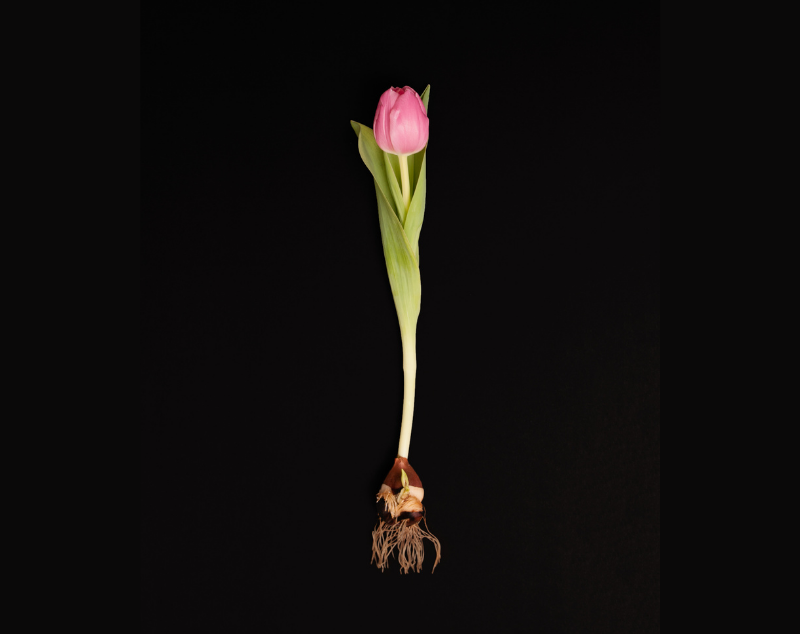
Scalp Care and Scalp Care Products
It is crucial for a cosmetic formulator to understand the anatomy, structure of hair and the phases of hair when formulating scalp care products. Scalp care products are an excellent niche as scalp products are very popular now and rightly so. It is vital to address the scalp and have scalp treatments. Read below to learn more about scalp care and the anatomy of hair.
Why Scalp Care is important
Scalp care products help with prevention of hair loss and hair issues, like skin care products (sunscreens) help with prevention of pigmentation and skin cancer. There are hair growth actives showing clinical results and are effective at improving the density of hair and promote hair growth. It is so important to nurture and care ofr Scalp products tend to the scalp with moisture, lipids, exfoliation and massage. The garden of hair continues to grow and flourish with radiant, strong, thick, longer hair.
Scalp Care
A cosmetic formulator and cosmetic hair products address the scalp and hair. Hair and scalp products provide nutrients, moisture, lipids and exfoliation and this promotes hair length, strength and radiance.
Scalp care and scalp care products make a difference. To understand why, the modern formulator needs to understand the anatomy and structure of hair and the hair growth phases. Learn more on hair anatomy in this post. Here is a simple way to understand the structure of each hair strand called the hair shaft. Think of a tulip. The tulip bulb and its roots grow deep in the garden soil. For the tulip stem and leaves to grow and flowers to bloom, the bulb must be in the best conditions. If the tulip bulb dies it no longer grows a stem, leaves and blooms flowers. There is no way to revive the tulip bulb. This is the same for the hair follicle bulb, once it dies, hair no longer grows from it.

For the tulip to thrive, first, the garden soil needs proper conditions for the bulb planted deep into it to grow. Just like the hair bulb located in the dermis of skin, the deeper layer of skin, needs proper conditions to flourish.
Next, the stem of the tulip pushes through the topsoil like a follicle pushes through the surface of the skin (the scalp). The follicle is now the hair strand (hair shaft). Finally, the tulip grows leaves and blooms beautiful flowers as hair grows length, shine and softness from proper care. The cosmetic formulator tends to the scalp (topsoil) and hair (stem and flower).
Each hair bulb draws nutrients to grow and flourish from the nurtured garden soil (dermis) of the skin. Once the hair grows through the scalp it is like the tulip growing through the topsoil. Tending to and nurturing the scalp and hair is like tending to and nurturing the topsoil and the tulip stem, leaves and flowers.
A Tulip in the Garden Compared to Hair
Garden Soil = Deep below the Scalp (Dermis of Skin)
This is affected by foods and drinks we consume, medicine, stress, hormones, disease (products addressing these needs are considered a drug by the FDA and follow strict drug regulations).
Topsoil = Scalp (Epidermis of Skin)
This is affected by the scalp issues, environment, hats, scarves, hair products, moisture, lipids, vitamins, (shampoo, conditioner, hair dye, hair straighteners – these hair products are considered a cosmetic by the FDA and follow cosmetic regulations).
Stem and Flower = Hair Shaft/Strand
This is affected by the environment, hats, scarves, hair styling, hair products, moisture, lipids, vitamins, grooming, hats, hats, hair styles. (shampoo, conditioner, hair coloring, hair straighteners, perms – these hair products are considered a cosmetic by the FDA and follow cosmetic regulations).
Bulb = Follicle
This is affected by foods and drinks we consume, genes, medicines, disease, stress, hormones, (dandruff, hair growth – products addressing these needs are considered a drug by the FDA and follow strict drug regulations).
Roots = Blood Vessels
This is affected by foods and drinks we consume, medicines, disease, stress, hormones, (products addressing these needs are considered a drug by the FDA and follow strict drug regulations).
Cosmetic Formulating
I’ve been a cosmetic formulator and instructor for 15+ years. I’ve worked with thousands of raw materials and developed them into formulations. I test all my formulations on my hair and skin. It can take me over 20 tries to master one formulation. Cosmetic formulating is “try chemistry”, try over and over and over until the formulation works.
I remember teaching at my 3-day Pro Natural Hair course that I hosted at a hotel. Months before the course, I had been developing a clarifying shampoo. I tested my shampoo formulation so many times on my hair. Not liking the result, I returned to my formulating bench to try again and again adjusting the clarifying shampoo formulation. My hair was like straw due to one ingredient in the formulation. I arrived to teach the Pro Natural Hair Course and walk in to greet all the students from all over the world with my thin, brittle, split, straw hair. I was mortified but now I laugh at it.
After all these years as a cosmetic formulator and my first hand experience, I know which raw materials and hair actives demonstrate results, nurture the hair and provide nutrients and allow the scalp and hair to flourish.
Video Best 5 Ingredients for Hair Growth
View Joan’s Video: Best Ingredients for Hair Growth
Become a Hair Formulator – Diploma Natural Hair Care Course Certification
In the Pro Natural Hair Formulation Course we cover scalp care and scalp care formulations. Learn Natural Hair Care Formulation and become a lifelong student in our Pro Course.
You might also like

